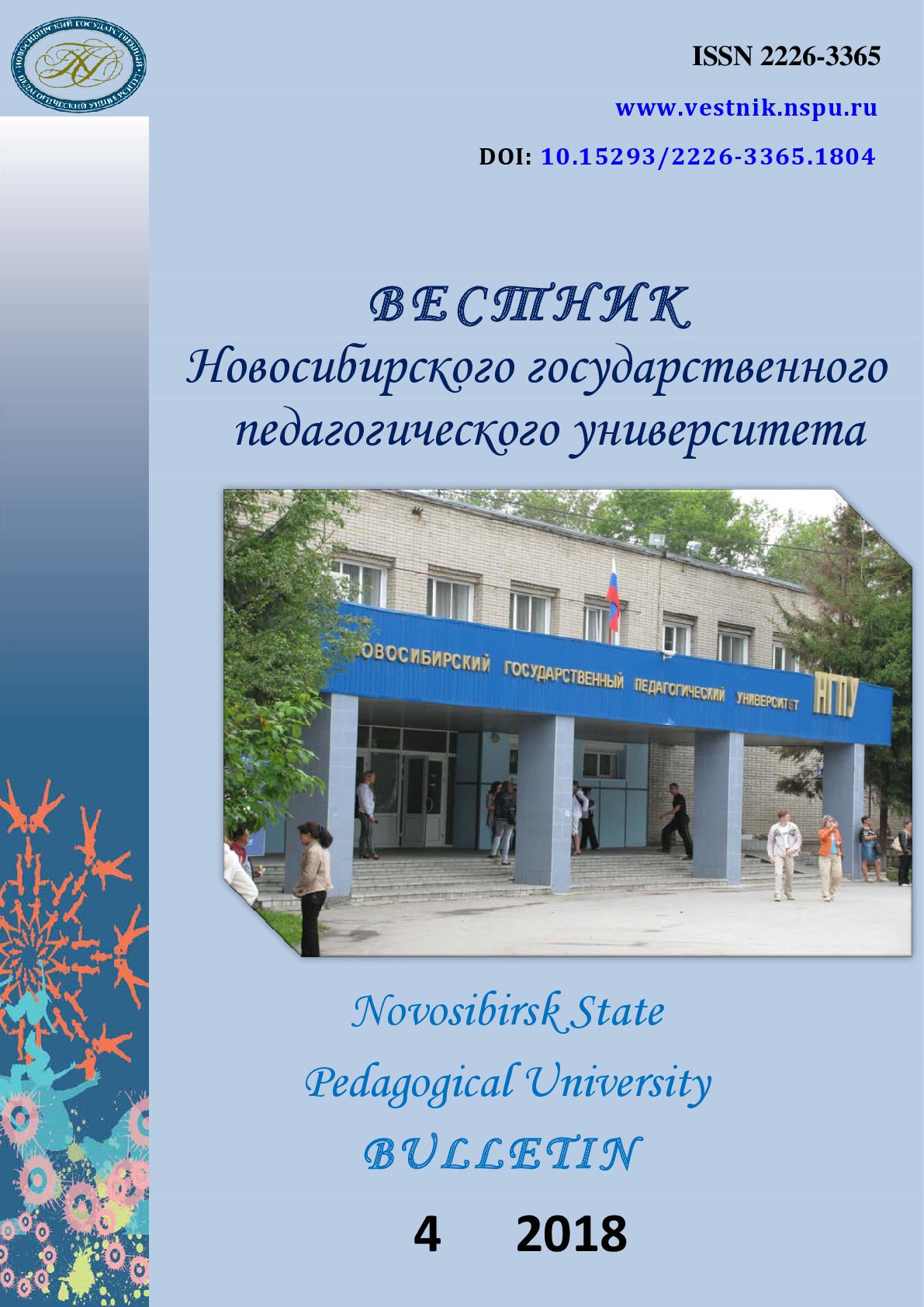Функциональные особенности внутренней речи в лингвопрагматическом и психологическом аспектах
Functions of inner speech: linguistic, pragmatic and psychological aspects
Author(s): Elena Aleksandrovna Koltsova, Faina Iosifovna KartashkovaSubject(s): Pragmatics, Psycholinguistics, Cognitive linguistics
Published by: Новосибирский государственный педагогический университет
Keywords: Inner speech; Self-talk; Evaluative names; Self-esteem; Self-motivation; Reflection; Regulatory function; Gender;
Summary/Abstract: Introduction. The paper considers cognitive functions and linguistic nature of inner speech which serves as a clue to the problem of thinking and speech, to human consciousness. This article offers an interdisciplinary approach to the phenomenon under consideration integrating linguistic and psychological aspects. The aim of the paper is to study the functions of inner speech comparing the linguistic results obtained with the data of psychological and neurophysiological observations. Materials and Methods. Inner speech being a purely psychological phenomenon by nature is studied in linguistics through literary texts, thus becoming an object of modelling. The material used for the undertaken research is presented by speech episodes from English literary discourse which include the depiction of internal cognitive activity. The analysis focuses on anthroponymic evaluative utterances studied via a number of methods, namely contextual and definition methods and pragmalinguistic description. To implement the interdisciplinary approach to the studied phenomenon, a comparative analysis of the linguistic results and the data of empirical experiments conducted by psychologists and neurophysiologists was carried out. Results. The research has allowed identifying communication targets and objectives characteristic of internal speech, the episodes of which contain evaluative anthroponymic expressions. The main functions performed by depicted inner speech are regulatory, reflective (and self-reflective) and motivating ones. The study has revealed some gender-based similarities and discrepancies depending on the gender of the speaker. The link between the appearance of inner speech and a certain emotional state has been demonstrated. Conclusions. The analysis of text episodes of internalized speech enabled the authors to reveal the functional specificity of internal speech within the framework of literary discourse. The comparison of the results of linguistic research conducted with the data obtained in psychological and neurophysiological studies has shown the correlation and similarity between them. The interdisciplinary approach to the considered phenomenon makes it possible to expand the concept of inner speech and shed light on those cognitive processes which underlie it.
Journal: Вестник Новосибирского государственного педагогического университета
- Issue Year: 8/2018
- Issue No: 4
- Page Range: 55-73
- Page Count: 19
- Language: Russian

